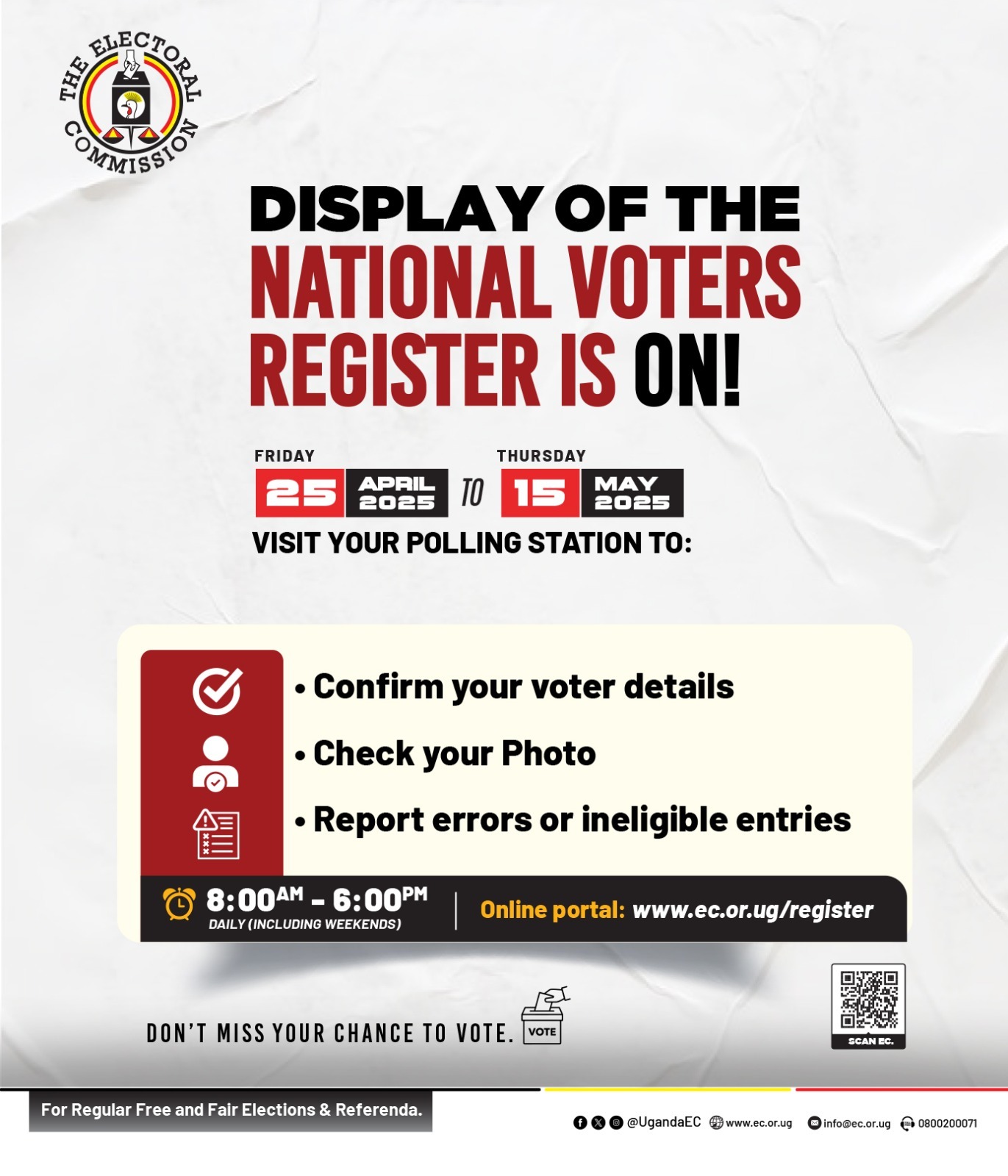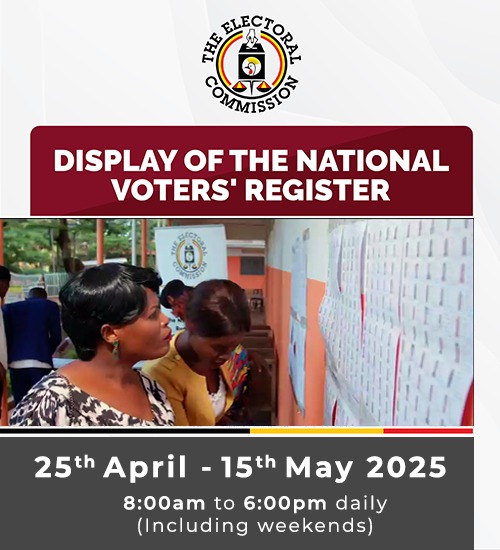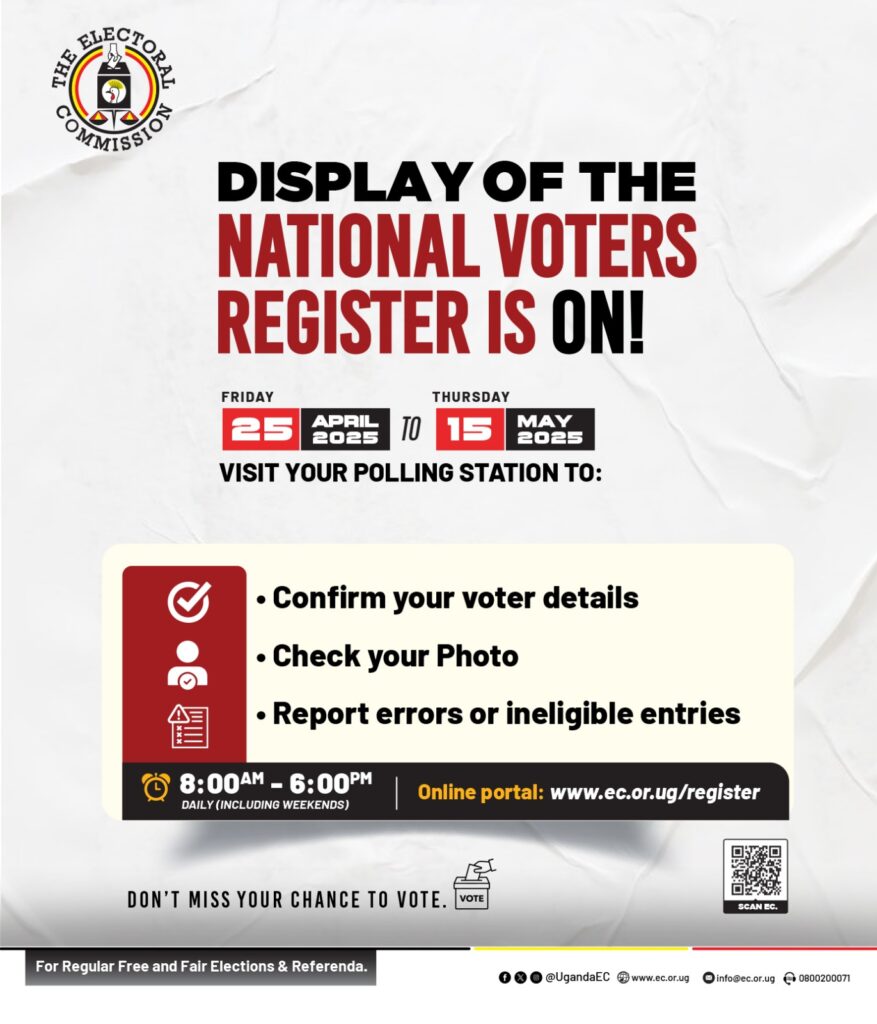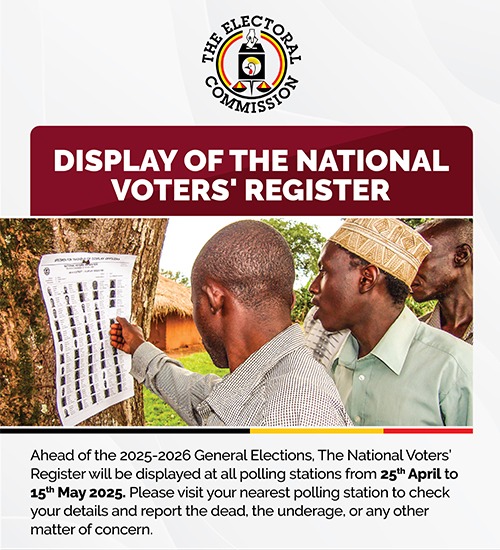MAKERERE/ UGANDA: A research study in Uganda has revealed that Bobi Wine’s music is a strong tool for political mobilization in Uganda.
The study titled: Re-Imagining Bobi Wine: Student Electoral Politics as Popular Performance Space, was conducted by Makerere University don and researcher Dr. Danson Sylvester Kahyana from the School of Languages, Literature, and Communication. It can be accessed at: https://bit.ly/3nKjcpV.
Published in 2020, the study focused on the role of poetry performances in the form of songs during the 2019 Guild elections in two Ugandan public universities, Makerere and Kyambogo, and sought to examine the poetics and politics of these songs and their power in mobilizing large crowds for the guild vote.
“The study argues that these poetry performances were not just mere entertainment during the elections but were central to the contest itself and defined its very nature,” writes Dr. Kahyana.
The study highlights the influence of musicians and popular songs in the processes of political mobilization.
“The fact that the 2019 elections at both universities were won by people allied to the People Power movement, whose leader, Hon. Robert Ssentamu Kyagulanyi, provided two songs with which the candidates articulated their message to the electorate, demonstrates the power of these songs in shaping the outcome of the election,” he observes.
Findings:
The data for the study was collected using observation, interviews, and focus group discussions with selected members of the electorate, as well as a close reading of the lyrics of the songs.
The study reveals that the songs animated the election campaigns to the extent that their performance not only defined the character of the elections but also contributed to their final outcome.
“During the 2019 Guild elections in two Ugandan public universities (Makerere and Kyambogo), poetry performances in the form of songs were deployed by some candidates to articulate particular ideological perspectives. The fact that the 2019 elections at both Makerere and Kyambogo Universities were won by people allied to the People Power movement, whose leader, Hon. Robert Ssentamu Kyagulanyi, provided two songs with which the candidates articulated their message to the electorate, demonstrates the influence of both musicians and popular songs in processes of political mobilization,” he adds.
The Bobi Wine Influence:
Bobi Wine, whose real name is Robert Kyagulanyi Ssentamu, is a popular Ugandan musician turned politician who has used music to rally his political supporters in Uganda. His music often addresses social and political issues affecting ordinary Ugandans, such as poverty, corruption, and human rights abuses. His songs are often critical of the Ugandan government and have made him a popular figure among young people in the country.

During his political campaigns for the Ugandan presidency in 2021, Bobi Wine used music to mobilize his supporters and draw crowds to his rallies. He composed songs that were not only entertaining but also carried political messages that resonated with his supporters. Some of his songs, such as “Freedom” and “Tuliyambala Engule,” became anthems for his political campaign and were sung at rallies and other political events.
Bobi Wine’s use of music as a tool for political mobilization and social change has been praised by his supporters and criticized by his opponents.
Some have accused him of using music to incite violence and promote unrest in the country, while others have praised him for using his platform to bring attention to important social and political issues and rally his political supporters in Uganda which demonstrates the power of music as a tool for political mobilization and social change.
About the Researcher:
Dr. Danson Sylvester Kahyana holds a Ph.D. in English Studies from Stellenbosch University, South Africa, and a Master’s in Literature, a Postgraduate Diploma in Education, and a Bachelor of Arts in Social Sciences from Makerere University, Uganda.

He is a Senior Lecturer in the Department of Literature, at Makerere University, and a Research Associate in the Department of English, at Stellenbosch University. He is also the President, of Ugandan PEN, and a member of the PEN International Board.
















